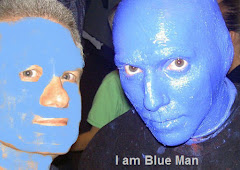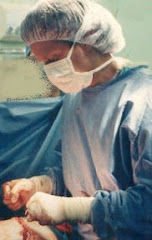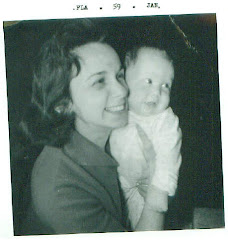"In Is There A Doctor In The House? Richard M. Scheffler upends conventional thinking, as he shows how the United States is not suffering from a shortage of doctors—rather, we are seeing the results of decades of misguided public policies. These policies have created a health care marketplace that often fails to deliver the right number of doctors, of the right specialty, in the right locations." - Some reporter, from some paper in the U.S.
------------
 I am not a theorist or a policy maker/analyzer, but I get right number, right specialty, right location...but isn't that a "not enough" issue? So we have the right number total then? It really is a right number issue, related to primary care. We just don't have "enough" of the right specialty (none) in the right areas (where the people are) supported by policies and procedures (right compensation) for getting people to do the job (doctoring). I love the semantics of medicine. Policies don't deliver people, people deliver people. What?
I am not a theorist or a policy maker/analyzer, but I get right number, right specialty, right location...but isn't that a "not enough" issue? So we have the right number total then? It really is a right number issue, related to primary care. We just don't have "enough" of the right specialty (none) in the right areas (where the people are) supported by policies and procedures (right compensation) for getting people to do the job (doctoring). I love the semantics of medicine. Policies don't deliver people, people deliver people. What?
New theory: The wrong people are on admissions committees for medical schools, choosing the wrong people, based on the wrong criteria for admissions, in an attempt to  facilitate getting the right number of people in the right specialty in the right locations. Dr. Stead taught me that. I can't claim the theory, but I like the newness of the theory in Scheffer think-speak.
facilitate getting the right number of people in the right specialty in the right locations. Dr. Stead taught me that. I can't claim the theory, but I like the newness of the theory in Scheffer think-speak.
But to be sure, Sheffer didn't "upend" anything or any way of thought on the subject. I've known this for many, many years. I heard this discussion in the "Halls of Kudzu" (One of the Ivy league of the South) 20 years ago. There is little motivation for anyone to choose a life of primary care when specialties pay better, with less work (at least in the eyes of those who choose).
And I've heard my specialty bosses complaining about not making enough money for almost as long. I feel so bad for them and understand the painful economic sacrifices. It's really hard to make it on $400,000+ a year.




